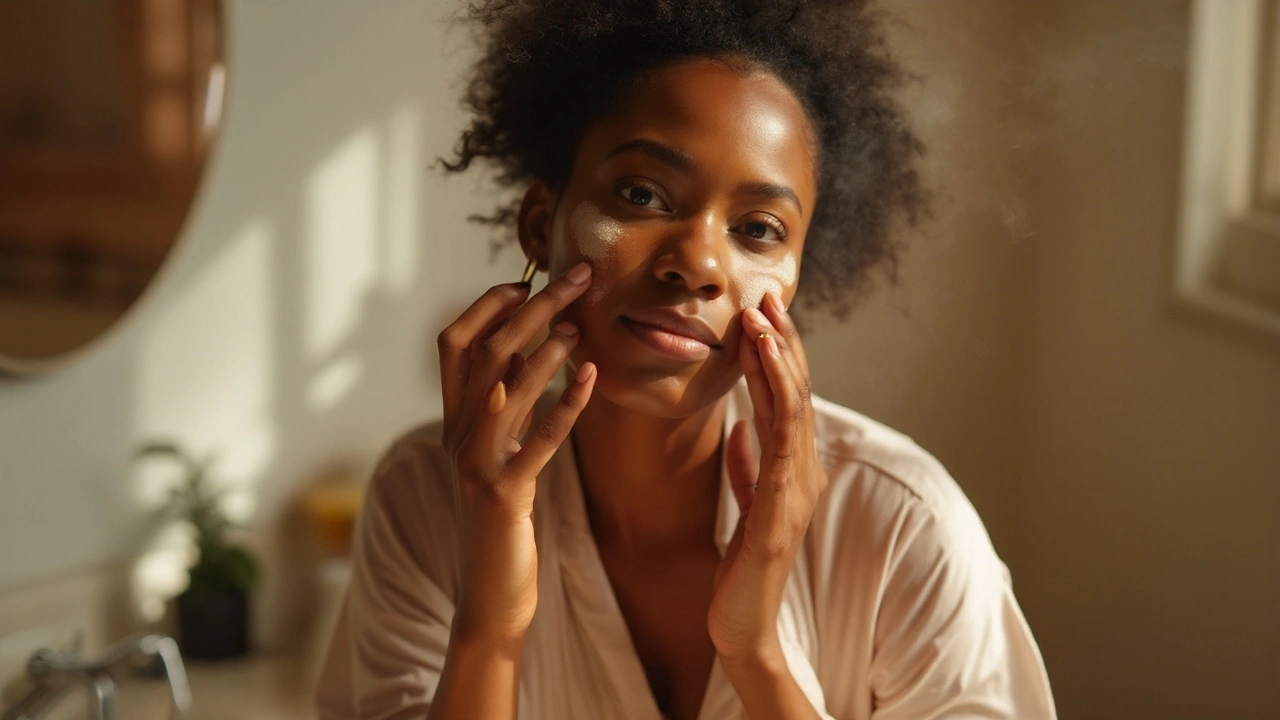Sensitive Skin Makeup: How to Choose and Apply Gentle Products
If your face reacts to most cosmetics, you’re not alone. Sensitive skin can turn a simple makeup routine into an irritation nightmare. The good news is that you don’t have to give up looking polished. With the right formulas and a few smart steps, you can enjoy makeup without the redness or itch.
Pick the Right Formulas for Sensitive Skin
The first thing to check is the ingredient list. Look for products labeled "hypoallergenic," "fragrance‑free," or "non‑comedogenic." These terms usually mean fewer common irritants. Mineral‑based foundations, especially those with zinc oxide or titanium dioxide, tend to sit gently on the skin because they create a physical barrier rather than a chemical one. If you prefer liquid formulas, opt for water‑based foundations that contain soothing agents like aloe vera, chamomile, or oat extract.
When testing a new product, always do a patch test. Dab a small amount behind your ear or on your jawline and wait 24 hours. If no redness appears, the product is likely safe for full‑face use. Also, keep an eye out for alcohol, strong preservatives, and synthetic dyes—they’re frequent culprits of flare‑ups.
Application Tricks that Keep Irritation Away
How you apply makeup matters just as much as what you put on. Use clean brushes or sponges made from soft, synthetic fibers—natural bristles can trap bacteria and cause breakouts. Before you start, prep your skin with a lightweight, fragrance‑free moisturizer. This creates a smooth base and helps seal in moisture, reducing the chance of a dry, tight feeling after makeup.
Apply thin layers instead of one thick coat. A light dab of foundation followed by gentle tapping with a sponge spreads the product evenly without pulling at delicate skin. For concealer, use a small brush to spot‑treat only the areas you need to cover; less product means less chance for irritation.
When you’re done for the day, remove makeup with a mild, oil‑free cleanser. Harsh wipes or scrubbing motions can strip the skin’s natural barrier and leave it vulnerable to redness overnight. Finish with a soothing night cream that contains ceramides or hyaluronic acid to restore hydration.
By choosing gentle formulas, testing before you commit, and applying in a calm, minimal way, you can enjoy makeup without the drama of sensitive‑skin reactions. Remember, the goal isn’t just flawless looks—it’s keeping your skin happy and healthy too.

Makeup for Chapped Skin: How to Choose Products That Smooth, Hydrate, and Last
Caspian Mortensen Aug, 23 2025 9Stop makeup clinging to flakes. Learn how to prep, pick kinder formulas, apply without caking, and protect chapped skin-face and lips-backed by derm tips.
More Detail